Palm before the storm
- New Scientist
- 20 January 2014
Oil palm cultivation has wrecked habitats in South-East Asia. We must avoid a rerun if the crop takes off in its native Africa
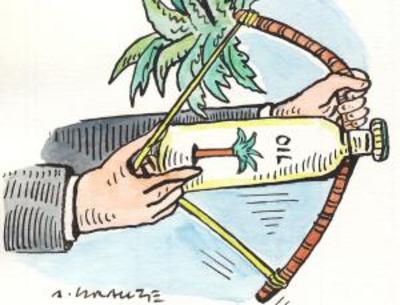
Oil palm cultivation has wrecked habitats in South-East Asia. We must avoid a rerun if the crop takes off in its native Africa
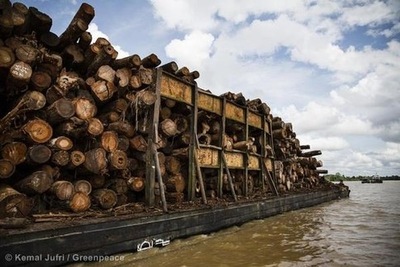
Communities face a “double whammy” in which High Carbon Stock areas restrict locals from cultivating the land while companies establish plantations outside of the zone where people are already farming.

Millions of hectares of land in Africa, Asia and Latin America find their way into the hands of large-scale foreign investors each year. The victims of "land grabbing" are local villagers and farmers.
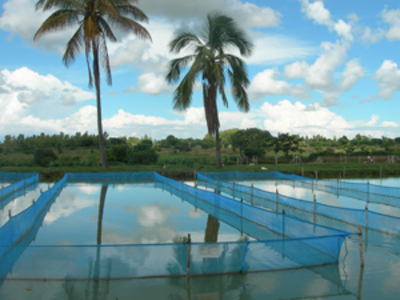
Zambia has granted 250 hectares of land to Bangladeshi investors who will invest more than US$1 million in the development of agriculture in Mwansabombwe District in Luapula Province.
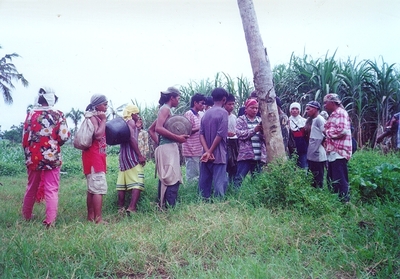
Countries able to hurdle social and political tensions from land issues progress faster than those hobbled by inequitable land distribution, say activists..
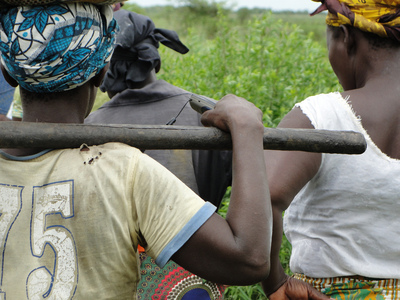
Through detailed analysis of ProSavana documents and field research, Sayaka Funada-Classen deals with the evolution of the philosophy and speeches about the programme; the positions of the three governments involved; the possible incoherence and incompatibilities of implementing ProSavana.
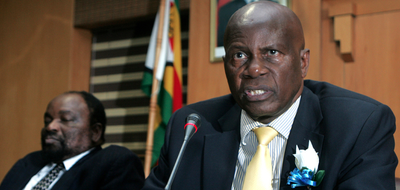
Zimbabwe government officials are allegedly debating whether to expropriate Tongaat Hulett's farmlands.

In Gambella, enormous areas of fertile land are lying fallow at an unfinished huge agricultural project site, and agricultural machines stand idle in rows, sinking into the ground.

A new review sought by Assembly Republicans of a law that limits foreign ownership of state land was criticized Thursday by an Assembly Democrat who called it an “end-around” attempt to change it.
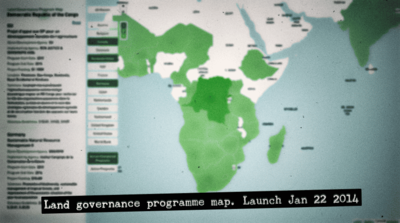
On January 22 a comprehensive database on land and resource governance programmes funded by members of the Global Donor Working Group on Land will be presented during the AGA in Paris.
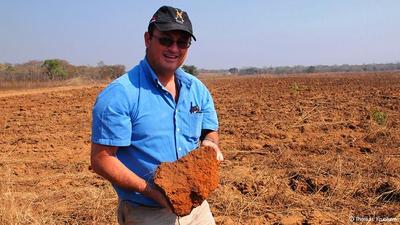
Amatheon, a company part owned by the German holding company Sapinda, grows wheat and soya beans on 30,000 ha that it has leased in Zambia.
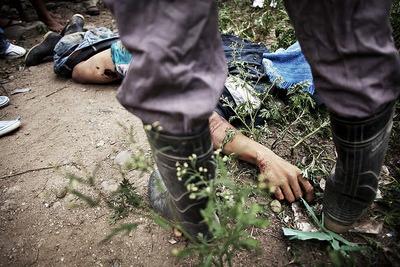
International and Honduran CSOs condemn the response of the International Finance Corporation to the highly critical findings of the Compliance Adviser/Ombudsman regarding the IFC’s investment in Corporación Dinant in Honduras